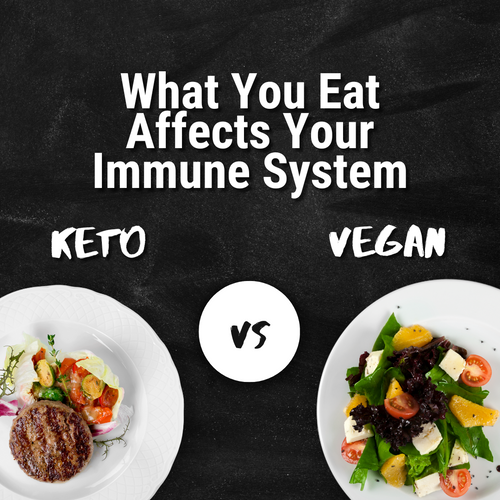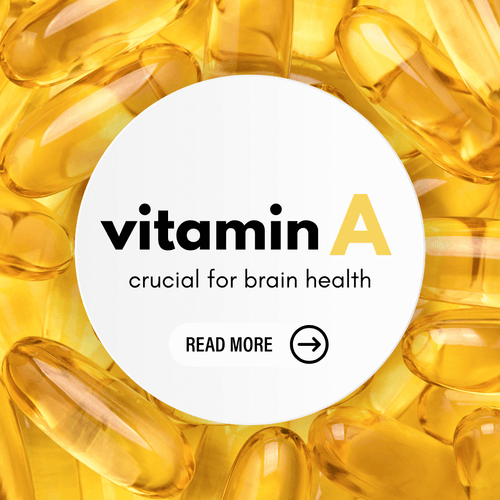There are several reasons why some studies are contradictory.
Research can purposely be designed to be misleading.
The following is a good example of that. The study investigated the effects of egg consumption on endothelial function (Njike V, et al. 2010).
The participants were men and women with high cholesterol, they had an average cholesterol level of 244 mg/dl.
They were first assigned to either 3 medium hard boiled eggs or a sausage/cheese breakfast sandwich. In the second part of the study after a washout period of 4 weeks, they were assigned to either 2 medium hard boiled eggs or ½ cup of egg substitute.
Endothelial function measured as flow mediated dilatation was assessed in all of the participants before the start and at the end of each phase. They also had a blood test measuring the cholesterol.
The researchers found that egg consumption had no effect on endothelium function when compared to the sausage/cheese sandwich.
They also found that the egg substitute significantly improved endothelial function when compared to eggs and also lowered total cholesterol and LDL levels.
The researchers concluded that egg consumption was found to be non-detrimental to endothelial function and cholesterol in adults with high cholesterol, while egg substitute consumption was beneficial.
The impression you get from this study is that eating eggs are not going to increase your cholesterol level, not negatively affect the health of your blood vessels and therefore is not going to hurt you.
What’s wrong with this picture?
First they chose participant who already had high cholesterol and it would most likely take a lot to increase it further.
Second they compared eggs with a sausage/cheese sandwich. Both the sausage and the cheese contains high amounts of fat and would increase cholesterol. The bread which is a high glycemic index food would most likely also increase the cholesterol.
So even if the eggs increased cholesterol, they would not increase it more than the sausage/cheese sandwich.
Does this mean that eggs would not be detrimental to endothelial function and not increase you cholesterol?
Of course not. If you don’t have high cholesterol it certainly would increase your cholesterol.
That would not sell many eggs and this study was purposely designed to promote the sales of eggs.
There are many way to do similar things so you get the study results you want.
Something else which also is taking place is to compare studies with very different designs, that would of course not be very accurate either.
The popular press which only are interested in sensations and big headlines picks up this and presents it as truth.
When you see a sensational headline always look for the original research and see what conclusion you would come up with if you were a little bit critical.









